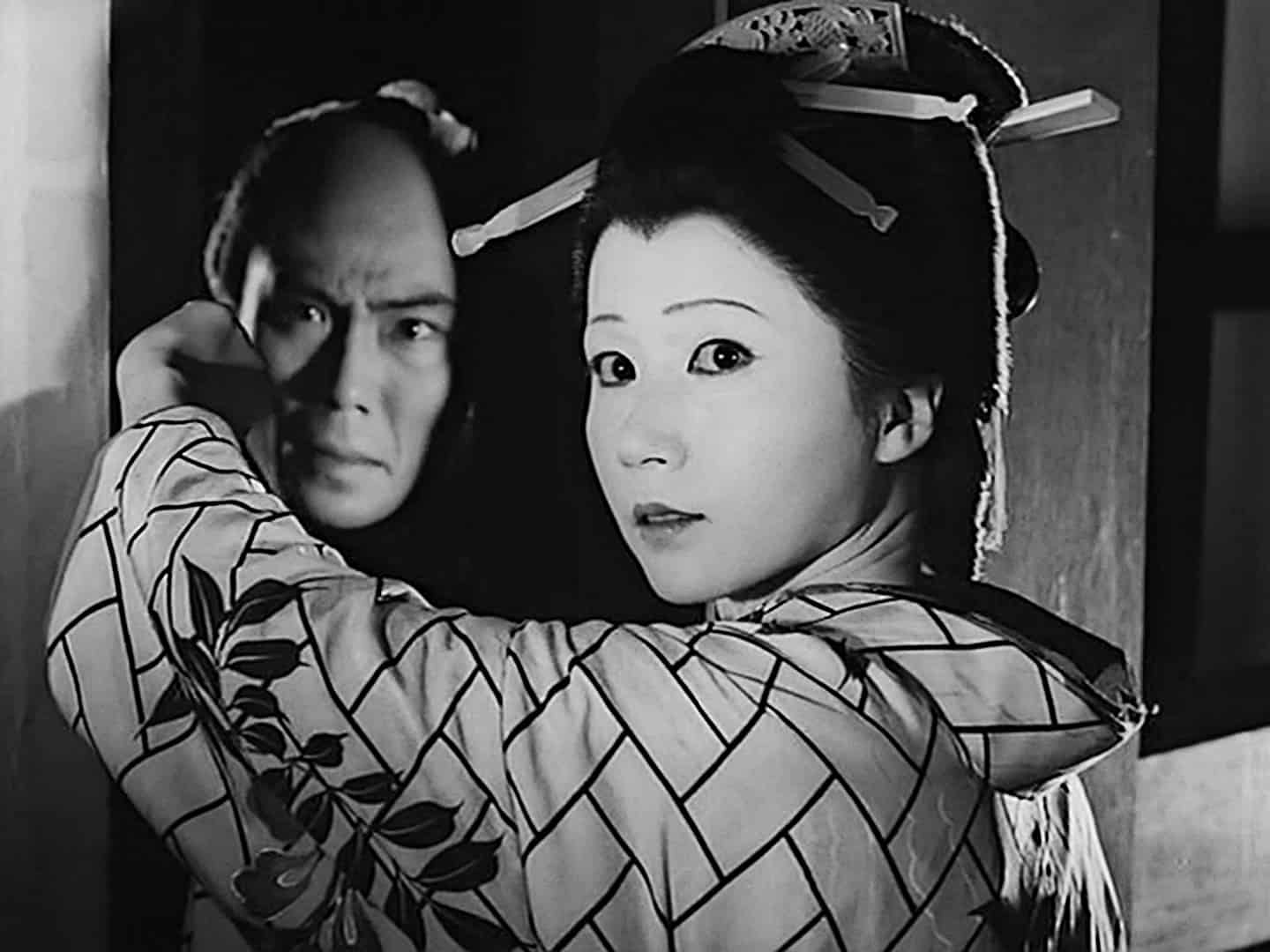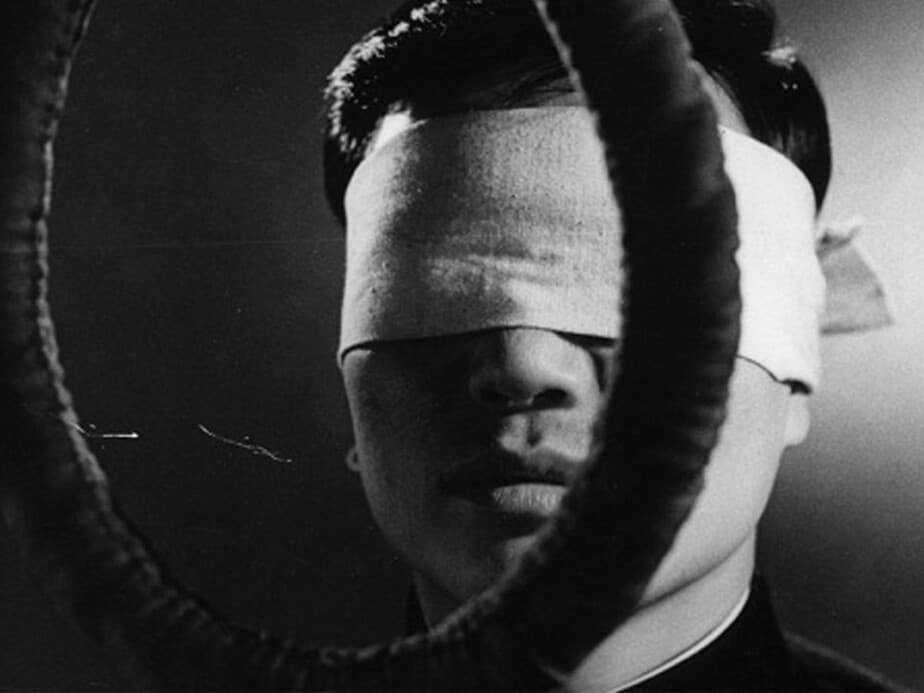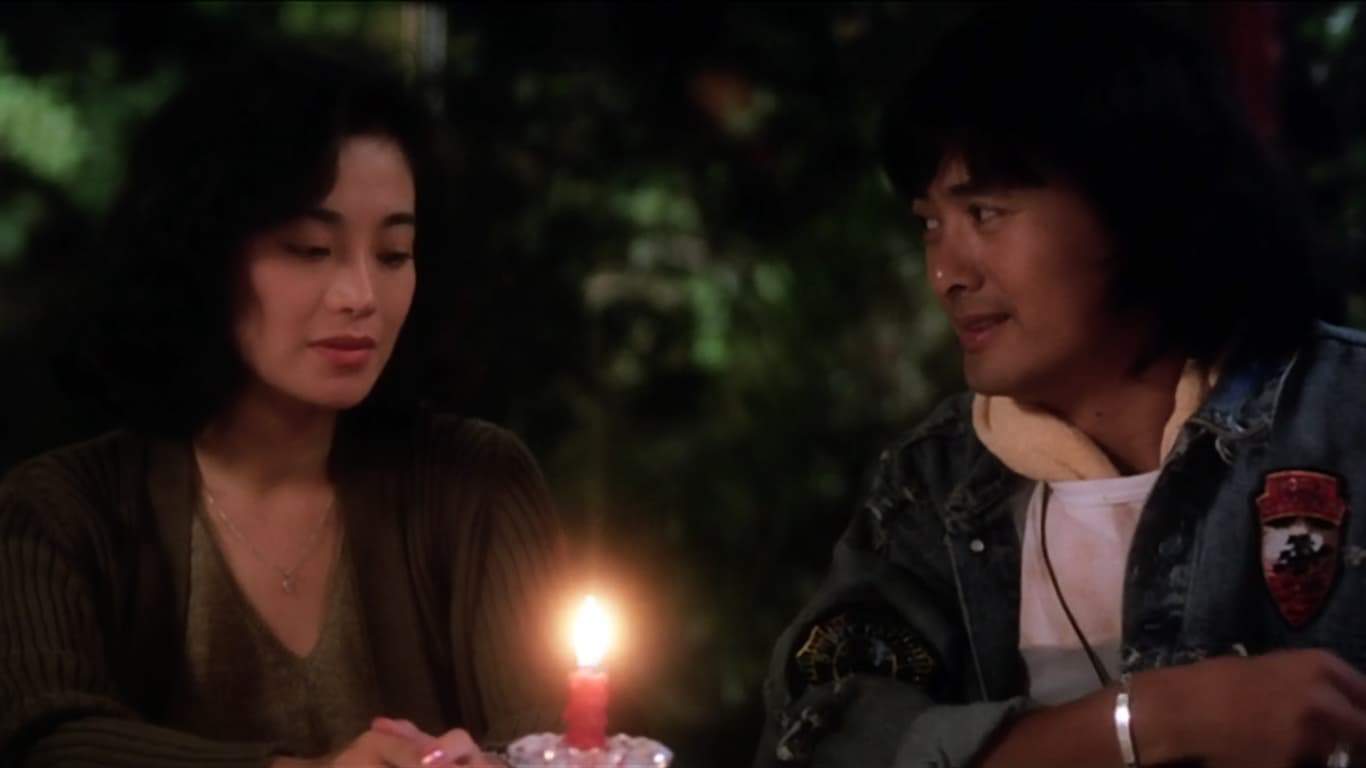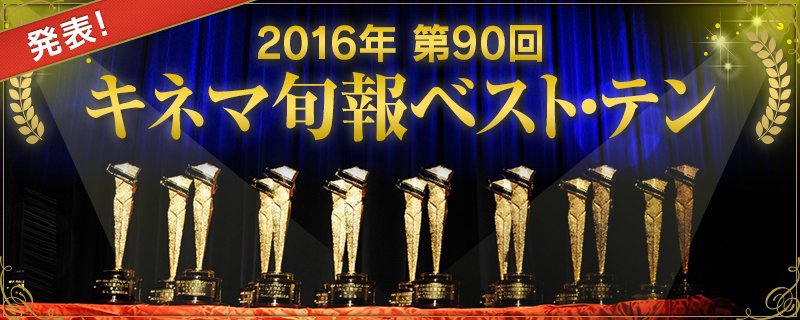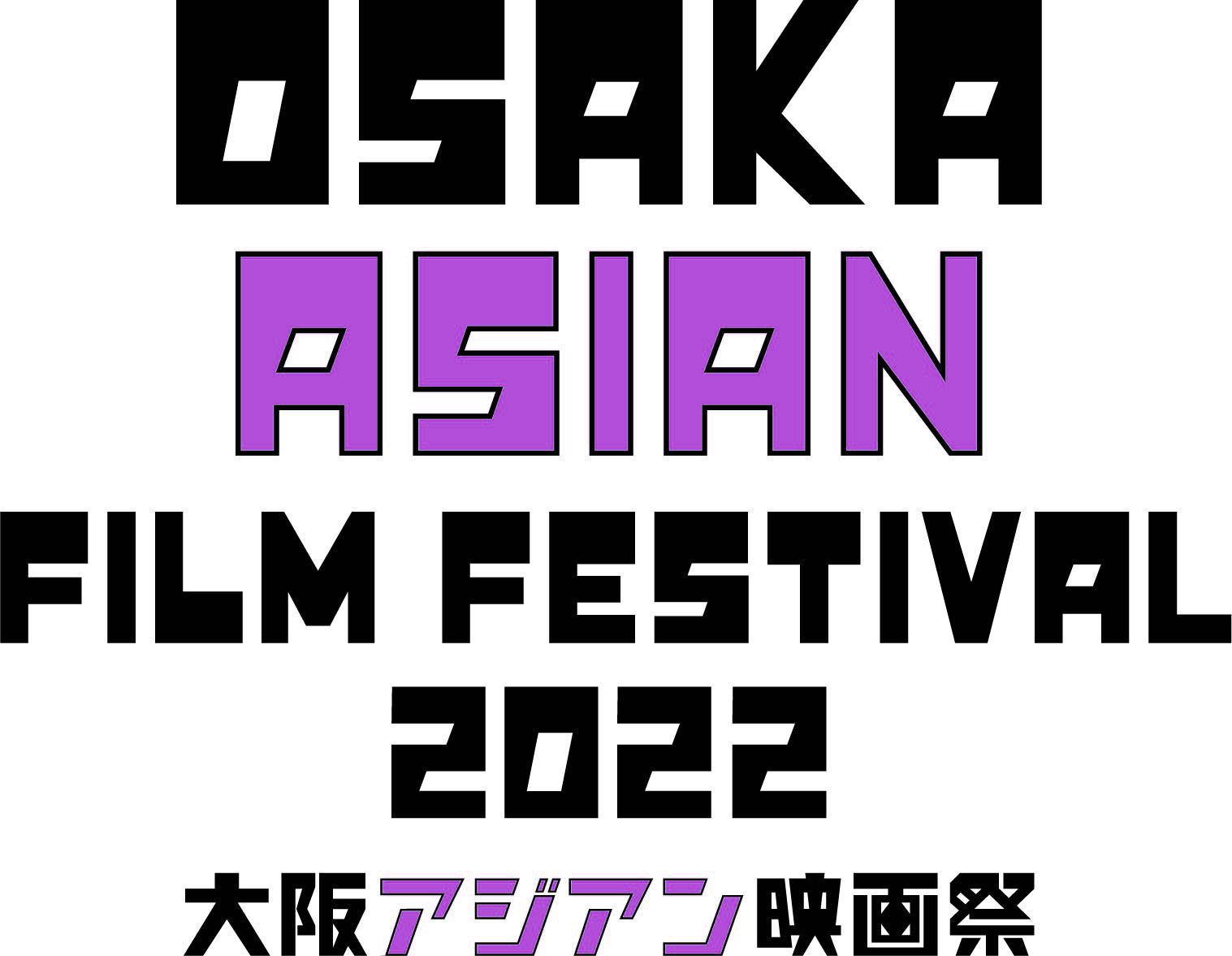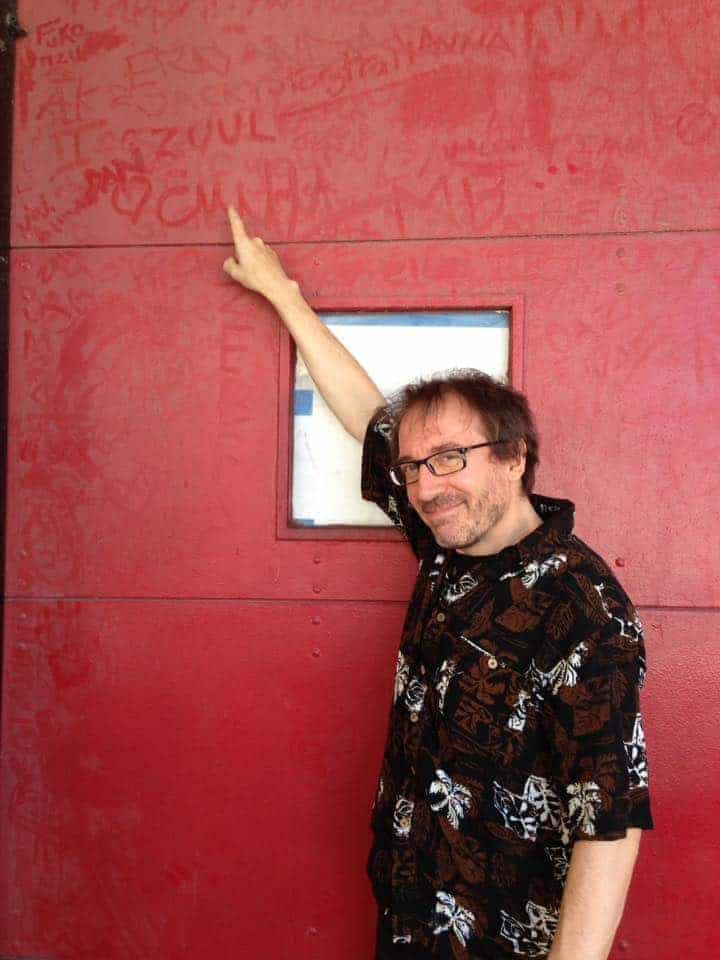translation by Lukasz Mankowski
Shinji Imaoka was born in Osaka in 1965. He attended Yokohama City University, but dropped out in 1990 in order to pursue a film career.He entered the film industry as an assistant director at pink film pioneer Kan Mukai's Shishi Productions.There he worked principally under Hisayasu Satō, and also with such directors as Takahisa Zeze and Mototsugu Watanabe.In December 1994 he worked as assistant director to the esteemed Nikkatsu Roman Porno director Tatsumi Kumashiro on his last film, Immoral: Indecent Relations Imaoka's directorial debut film was Sex Party of the Beasts: Come Together. In 2000, the Tokyo Athénée Français gave Imaoka a career retrospective tribute which broke the institution's record for attendance. Other notable titles include “Lunchbox” and “Underwater Love”. “Reiko and the Dolphin” is his latest movie
On the occasion of “Reiko and the Dolphin” screening at Osaka Asian Film Festival, we speak with him about the Kobe earthquake, memory and trauma, and other topics.

Why did you use the Kobe earthquake as the base of the film? Was it for personal reasons? In general, what was the inspiration for the film?
1995 was a peculiar year, there were many things that happened. There were the Great Hanshin-Awaji Earthquake, as well as the Aum Shinrikyo sarin attack on Tokyo subway. We could feel the impression of a disturbing atmosphere that the end of a century is just around the corner. That was also the time when I debuted as a film director. Even though I lived in Tokyo, when the Great Hanshin-Awaji Earthquake occurred, I couldn't be indifferent towards the disaster that was very close to my hometown, that is Osaka. I wrote the script immediately after the disaster: a story about a couple who lost their kid in the earthquake. When I showed the script to the producers, I didn't have a good response. Therefore, I was slowly losing the momentum to film this story.
From that moment, 20 years or so passed. People who were willing to offer me funds showed up and I was blessed with the opportunity to make a film independently, they way I saw it and the way I liked it. It came back to my mind. How is the couple who lost their kid in the earthquake doing now? How are they? It's been 23 years from the disaster, so I wondered if I was able to depict it. I had to look back and confront myself from 23 years back. Many things have happened in the world over that time, but also within me. I've started to think that maybe this period of change and the time after the disaste would be interesting, if made into a film, and with that thought in my head I simply made it.

Can you tell me about Hiroshi, and his role in the narrative? Does his presence symbolize something?
This is actually a memory from my childhood. There was a middle-aged man in the neighborhood. He was a bit feeble-minded and he would always wander around without a goal in his mind. No one knew what was in his head, and to me as well, he was a mystery, a very enigmatic man. For some reason, everybody in the neighborhood accepted him in the community, and so did I as a kid. It was natural for me, that he was there. I did leave to Tokyo for my studies, but whenever I came back to my hometown, I would always see him, as nothing has changed. He would always be the same. There was an impression left in me, that he seemed to be some sort of a good fairy (yōsei). When I was writing the script, I thought to myself, how can I emphasize those things that change during these 23 years and those that doesn't? So I've made Hiroshi-san a symbol of unchanging and permanence, but he was also set as someone who's watching the story from a broader point of view and is capable of seeing more.
The film deals with trauma. What is your opinion on the concept? Do you think time heals everything?
I think there are many things in the world that are irreversible and simply cannot be undone, like trauma appears to be. Time as a healing tool for everything is a lie. But, I want to believe that time can heal everything. If you don't perceive reality this way, it will be harsh, bitter and painful. Life doesn't go the way one wants. I wanted to make a feature about a couple who somewhat continues on living, even though they were totally messed up by an unforeseeable event.
The characters in the movie are people cinema rarely deals with. Why did you choose this approach?
I'm interested in people like me, who are put in a pointless situation, when they are beyond helping or saving. They exist somewhere. I wanted to scoop up every joy or sorrow from the people who had been brought to their knees in the past because of huge disasters they've experienced – such as earthquakes or accidents.
Was the fact that no members of the cast have the so-called “star quality” (being very beautiful and glamorous for example) a conscious decision? In general, how was the casting process for the film like?
I wanted to make the best use of the local aspect of Kobe city and the area around. I auditioned only those who live in Kansai region. Therefore, I wanted to film something that could only be filmed there, with people who belong to this place and this place only.
You used a number of flash forwards in order to progress the story. Why did you choose this tactic?
I wanted to stop showing the reality of our times in a clear way. Which story of what time – I think, that the more ambiguous and blurry I make it, the more fictional it becomes. The only documentary-like scene was the mourning gathering. The reason for it is that I thought it can't be shown as a lie here.
Are you working on anything new at the moment?
I'm thinking about a tale about my older friend, a filmmaker, who committed suicide about 15 years ago. He then comes back to life and wants to have sex with a girl. It would be a self-indulgence comedy, because after all, I think it is my creed to make sad stories a little bit brighter, than they are.



